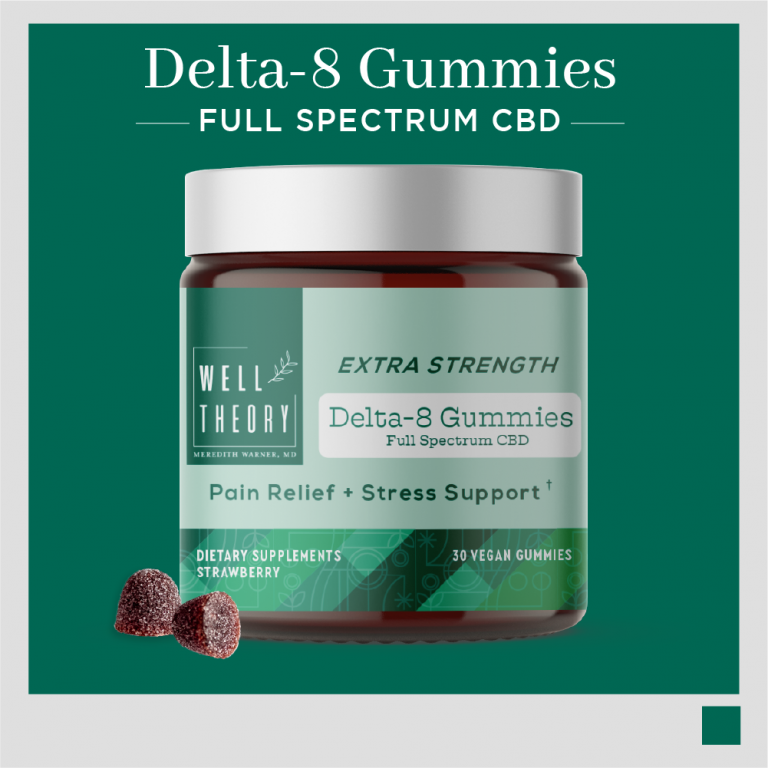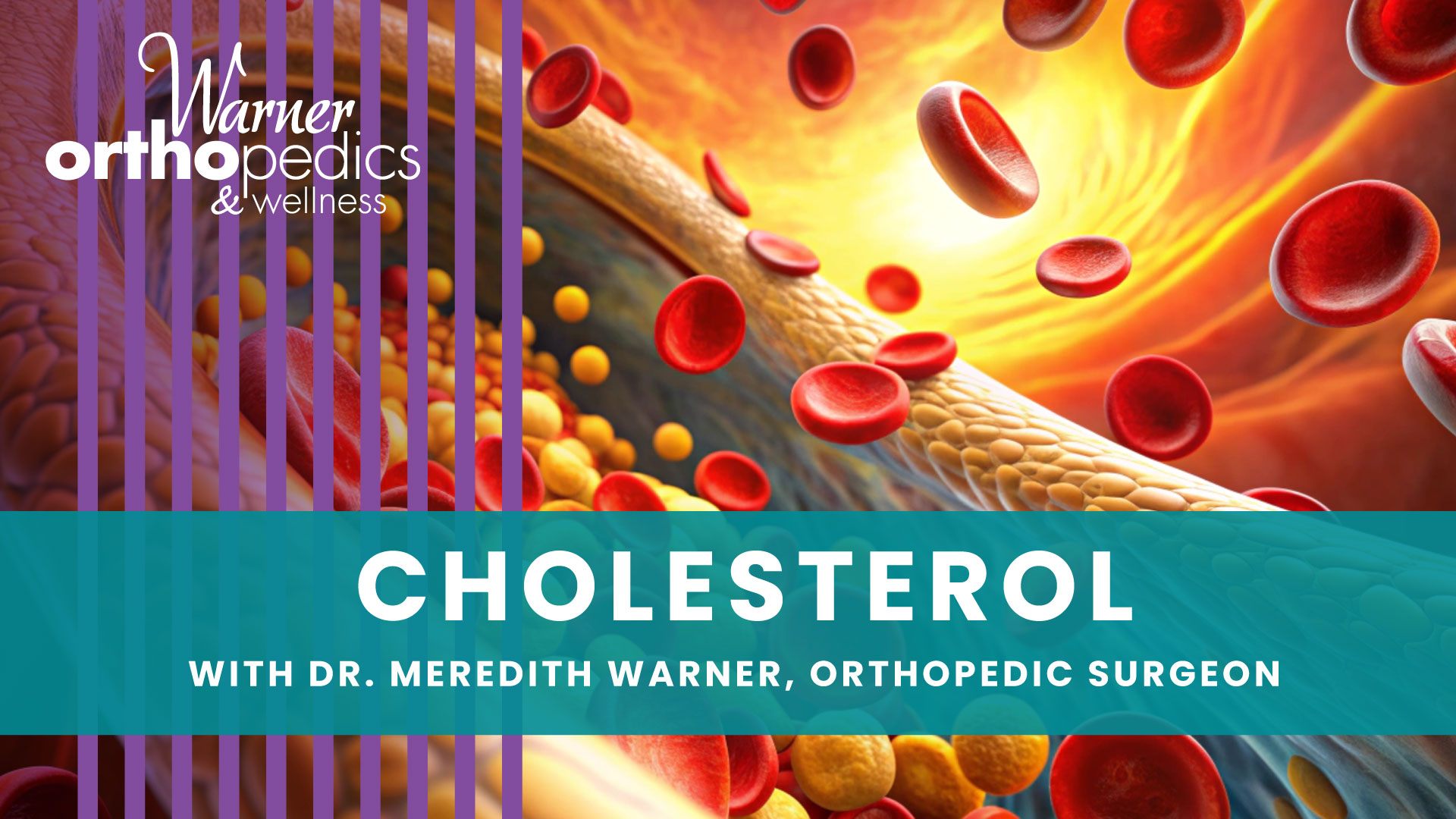Is My Chronic Pain Causing My Depression?

Living with chronic pain can be an exhausting and demoralizing experience. But what many people don’t realize is that chronic pain often goes hand in hand with depression. The connection between chronic pain and depression is complex and can create a vicious cycle that makes both conditions worse. In this blog post, we’ll explore the relationship between chronic pain and depression and discuss ways to break free from this debilitating cycle.

The Link Between Chronic Pain and Depression
Chronic pain and depression often coexist, and one can exacerbate the other. Here’s how:
Physical and Emotional Distress: Chronic pain can cause physical discomfort and limit your ability to engage in activities you once enjoyed. This can lead to feelings of frustration, sadness, and hopelessness, which are common symptoms of depression.
Chemical Changes: Chronic pain can lead to changes in your brain’s chemistry. Persistent perceptions of pain in the brain can alter the balance of neurotransmitters, such as serotonin and dopamine, which are associated with mood regulation. These chemical changes can contribute to the development of depression.
Social Isolation: People with chronic pain may withdraw from social activities and relationships due to their physical limitations or the fear of being a burden. Social isolation can intensify feelings of loneliness and sadness, further fueling depression.
Sleep Disturbances: Chronic pain often disrupts sleep patterns, leading to chronic sleep deprivation. Lack of sleep can negatively affect your mood, cognitive function, and overall well-being, increasing the risk of depression. Conversely, poor sleep will intensify and facilitate pain perceptions.
Reduced Quality of Life: The daily struggles of managing chronic pain can significantly diminish your quality of life. This loss of enjoyment and fulfillment can be a breeding ground for depressive thoughts and feelings. Likewise, a depressed mindset can entrain the brain to amplify subjective sensations of pain.

Breaking the Cycle
Breaking the cycle of chronic pain and depression can be challenging, but it’s essential for improving your overall well-being. Here are some strategies that may help:
Seek Professional Help: Consult with a healthcare provider who specializes or understands the mechanisms of chronic pain and its relationship to mental health. They can help create a treatment plan that addresses both conditions.
Medication: In some cases, medication may be necessary to manage both chronic pain and depression. Your healthcare provider can prescribe suitable medications or combinations that work for you.
Therapy: Cognitive-behavioral therapy (CBT) and other forms of psychotherapy can help you develop coping strategies, change negative thought patterns, and manage both your pain and depression.
Physical Activity: Gentle exercise and physical therapy can alleviate some types of chronic pain and improve mood by releasing endorphins, which are natural mood lifters. Over time, regular exercise can also reduce levels of cortisol, thereby lowering physiologic stress and this will also limit perceptions of pain.
Social Support: Don’t isolate yourself. Share your feelings with friends and family, and consider joining a support group for people living with chronic pain or depression. One caveat here: this will be much more successful if you join a positive and optimistic group.
Mindfulness and Relaxation Techniques: Practices like mindfulness meditation and deep breathing exercises can help you manage pain and reduce stress, which can alleviate symptoms of depression. Mindfulness strengthens the pathways in your brain that inhibit and control perceptions of pain.
Living with chronic pain is tough, and it can take a toll on your mental health. The relationship between chronic pain and depression is a complex one, with each condition exacerbating the other. However, with the right treatment and support, it’s possible to break free from this cycle and regain control of your life.
If you or someone you know is struggling with chronic pain and depression, don’t hesitate to seek help. With the right resources and a supportive network, you can find relief from both physical and emotional suffering, leading to a brighter and more fulfilling future.
Delta-8 THC Gummies
Delta-8 THC and Full Spectrum CBD work synergistically to help you fall asleep faster while promoting deep relaxation, pain relief, and more. Hemp-derived DELTA-8 THC contains neuroprotective properties that may help reduce anxiety, pain, and promote better sleep. Dr. Warner offers this product as a more affordable and natural alternative to commonly prescribed or recommended pain medications.
Calm Gummies
This daily Calm Gummy is formulated by Dr. Warner, an orthopedic surgeon, to help you reach a calmer and more peaceful state of mind and get away from the everyday stressors that get you down. By calming the mind of internal and external stressors this gummy nourishes a state of mindfulness, helping you to be more aware and content with yourself and your surroundings.






